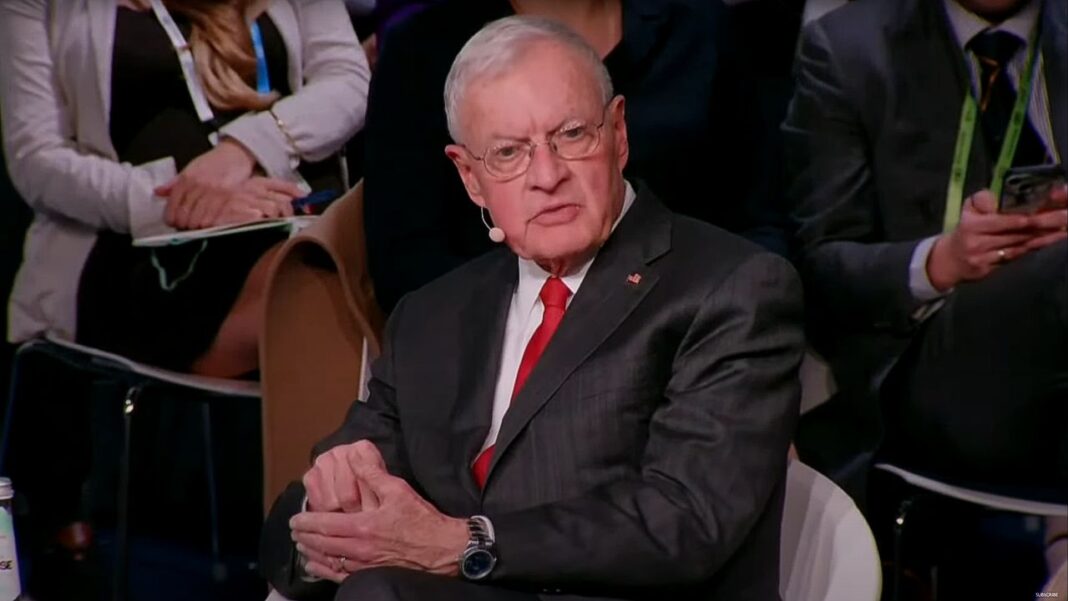The approval follows Trump’s Jan. 20 executive order aimed at removing regulatory barriers and utilizing America’s abundant energy resources.
A federal agency recently approved the construction of a deepwater port off the coast of Texas capable of shipping up to 2 million barrels per day of crude oil to international markets, according to the U.S. Department of Transportation.
On Friday, the department’s Maritime Administration (MARAD) issued the decision to build the Texas Gulflink deepwater port to Sentinel Midstream, LLC, the agency said in a Feb. 14 statement.
Sentinel “will own, construct, and operate [the] deepwater port for the export of domestically produced crude oil,” said the department.
U.S. Transportation Secretary Sean Duffy said MARAD’s approval was paving the way for “unleashing the full power of American energy.”
“With this approval, we are increasing our energy revenue and unlocking our vast oil resources—not just for domestic security, but to dominate the global market,” he said.
“While the previous administration sat on their hands, our oil supply sat readily available beneath our feet, and American families paid the price at the pump.”
The port will be located nearly 27 nautical miles from the coast of Brazoria County, Texas, in the newly-renamed Gulf of America. Once completed, Texas Gulflink will be able to fully load large crude carriers to ship crude oil internationally.
The process involves crude oil being transported from the Houston market through an onshore crude oil pipeline to be stored in storage tanks near Jones Creek, Texas.
The oil will then be transported via a pipeline to floating buoys in the Gulf of America that allows crude carriers and other tankers to moor and receive up to 2 million barrels of crude oil daily.
MARAD’s project approval was issued more than five years after Texas Gulflink LLC applied for a license, in May 2019.
Opposition, EPA Approval
The Environmental Protection Agency (EPA) approved the project in October 2024. The EPA “does not object to the issuance of a license” for the Texas Gulflink deepwater port under the Clean Air Act, Clean Water Act, and the Marine Protection, Research, and Sanctuaries Act, the agency said in a letter to MARAD.






